Patrick's BBC Wake Up Call
Friday 4th November 2022
A 5am wake-up call is usually never welcomed, but when BBC 5 Live’s Wake Up To Money invited me on to dissect the hot daily topics with Sean Farrington I happily made an exception…
SF: What is your reaction to Rishi Sunak taking his turn at the top job?
PB: It’s going to be perceived as a stabilising factor and with his economic background in the Treasury, he’s going to be the stabilising man. For the property world, owners who have mortgages are going to be very pleased at the prospect that might he contain interest rates rising as much as they might’ve done with other people in place.
SF: What impact have events in recent weeks had on the property market?
PB: I think it’s clear in the areas of the country where the prices have gone up a lot in the last three years during Corona Chaos, a lot of people exited London and bigger cities in favour of country properties. Some properties went up by 30 to 50% over that phase so as the rates rise, I would suggest it’s inevitable that those mortgage-dependent property prices will drop off again. They already are in some places and that will continue for some time while rates continue to rise.
SF: When you say they already are, are you having conversations with people looking to buy who’re seeing them come down?
PB: Yes, because I used to chair the National Association of Estate Agents in London and still speak to a lot of people across the country, I know those agents who are out of the centre of London and out of the city centres are finding particularly that the prices are starting to drop off already. There is no doubt about it.
SF: That will be a relief to some people Patrick! Have there been points in the last few weeks where if you were signing on the dotted line for a brand-new mortgage, you may’ve been paying above where the market would’ve ordinarily have been?
PB: I think this is a key point to make, it’s really only the people who have bought in the last couple of years at more inflated prices that so far are affected. I think if you are someone who is about to take a mortgage to buy a property now, you’ve been let off the hook by these sharp interest rises and inability to get your mortgage product. I’d say your fairy godmother is watching out for you and you’ve got away by not overpaying! So, it is not such a bad thing! If the prices do drop back, the theory is that more people can get onto the property ladder but in practice, getting large deposits together to buy places is difficult along with the interest rates themselves being higher. I’m not sure it necessarily makes it easier for people to buy than it used to be.
SF: When it comes to Rishi Sunak’s plans, do you have an idea of what kind of government he wants to lead and what economy he wants to create?
PB: One of the things that Liz Truss and Kwasi Kwarteng wanted to do was quickly accelerate the growth of the economy by dropping taxes and making the ‘supply side’ as they called it smoother. Some of the Treasury spin over the last two weeks has been that this was going to ‘cost’ a lot. One of my concerns was the Enterprise Zones concept had been watered down and won’t be given as many advantages as it would’ve been. It would cost too much according to the Treasury and they seem to be shying away from Planning and Business rate reforms – which are always difficult. Tory MPs are often very against the deregulation of planning so it makes me wonder where the growth is actually going to come from.
SF: How much do fast changes - whether it’s in people’s energy bills or mortgage rates – change the confidence in the property market?
PB: The property market is critical to the economy – people need confidence in the market to buy, or move to a rental property for a new job for example. There are a couple of key things that Rishi could do and having been in the Treasury would know that these exist. There has been huge politicisation of property taxes over the last few years – Gordon Brown started it – and it completely distorts the market.
Stamp duty is incredibly high, particularly on higher value properties. One thing that very few people know is that capital gains tax on property is 28%, whereas capital gains tax on other assets tends to be 20%. It means property investors are less keen to sell a property asset than they would stocks and shares, if they are trying to raise capital for other investments.
What is needed in order to get a fluid market and to increase the tax take overall, is to drop stamp duty and capital gains tax to be similar to other asset classes. You’d get far more transactions through more fluidity in the market; prices wouldn’t raise at such a rate which is good for those wanting to get onto the market. Critically for the Treasury, you would get more tax in (not so much from stamp duty) but more capital gains tax.
Consider all the VAT receipts from all the activity that goes around a single property transaction. Think of all the businesses that are busy at that time – estate agents, solicitors, removal firms, decorators, furniture stores, builders etc – it is proven with dynamic tax modelling (and the Treasury know this, they just don’t enact it) that you would get a lot more taxes if you were to reduce stamp duty and capital gains tax around property transactions.
SF: And what do you think we need next Patrick?
PB: What is needed now is for Rishi to bed in with whoever he makes his Chancellor, whether he keeps Jeremy Hunt or not and do a couple of solid years’ work to steady the ship. Keep interest rates at bay, get the economy back on track and actually you never know, the Tories may win an election in a couple of years.
I’m sounding like a Tory but I’m not, it’s just not a given that Labour will be able to win the next election because I think that Rishi and a competent Tory party COULD be close enough in economic thought to what the Labour party would offer that there may not be so much in it, causing voters to just stay put.
I appear about five times throughout the program, and you can fast forward in 20 second chunks to hear my dulcet tones; however, you can click below to listen to the full interview.
PB.




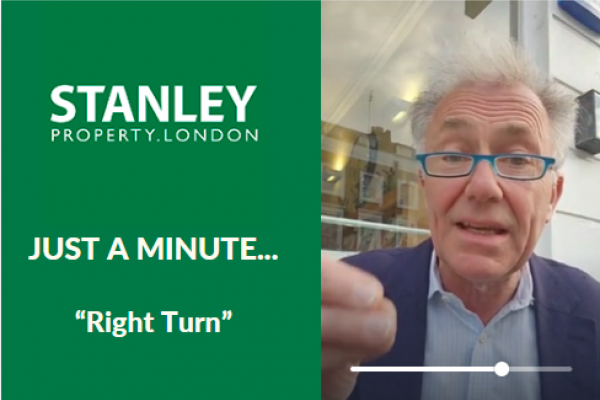
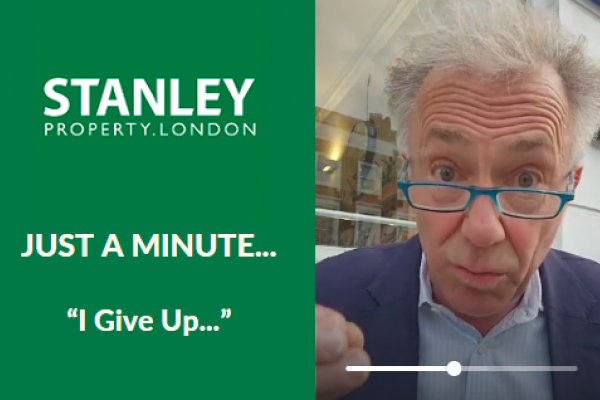

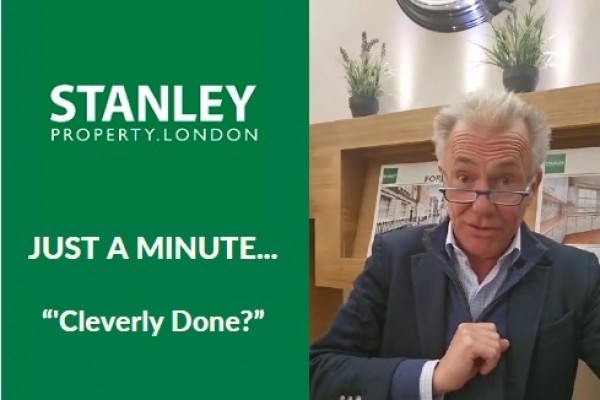
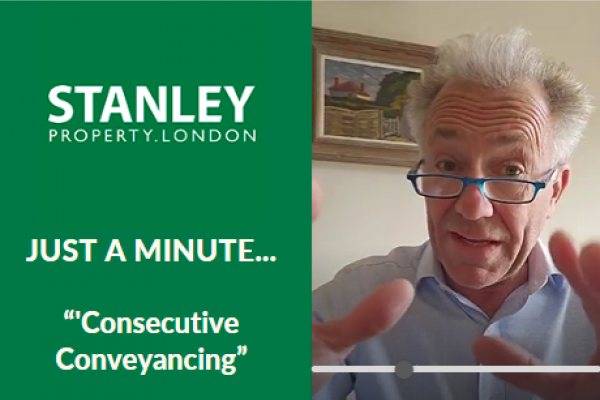

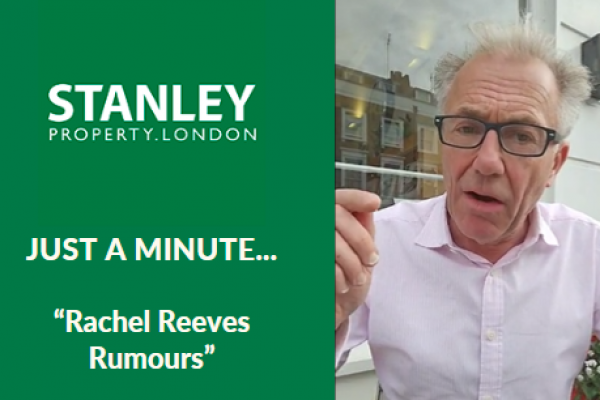
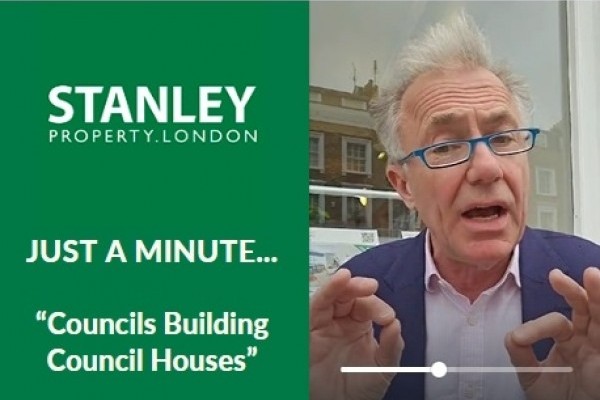

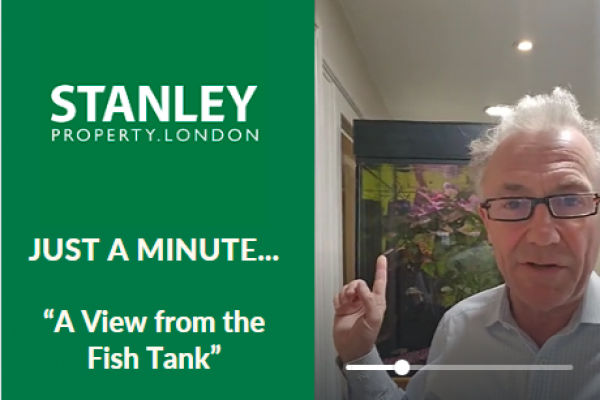
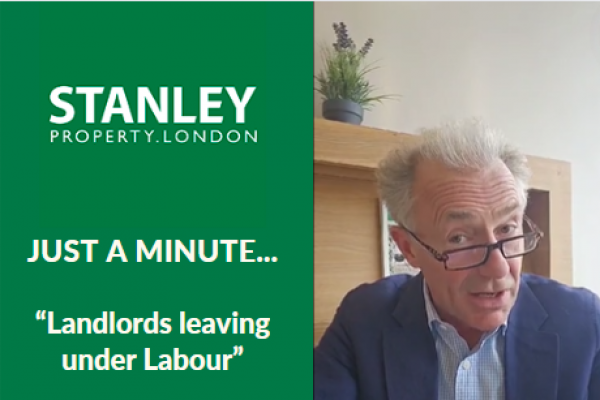
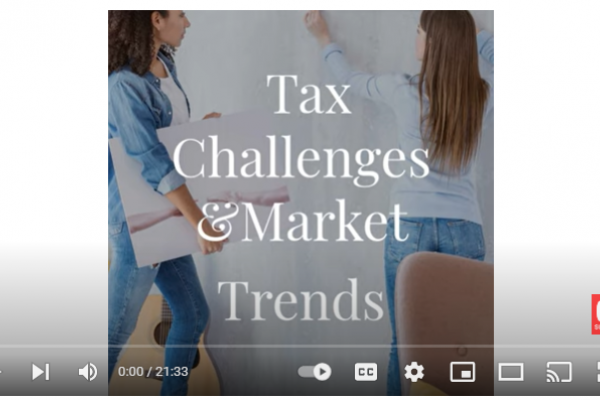
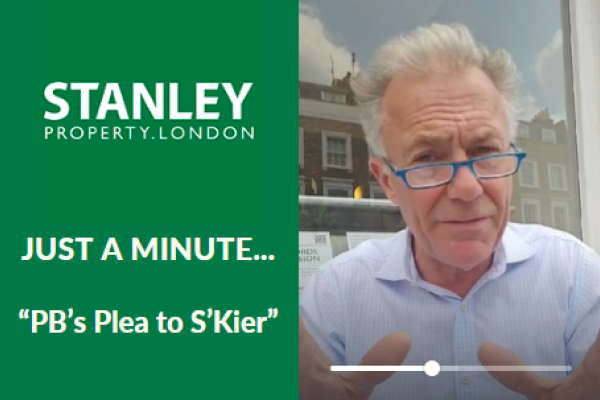

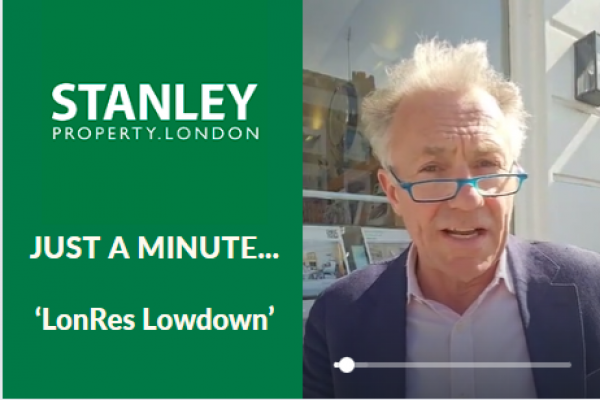
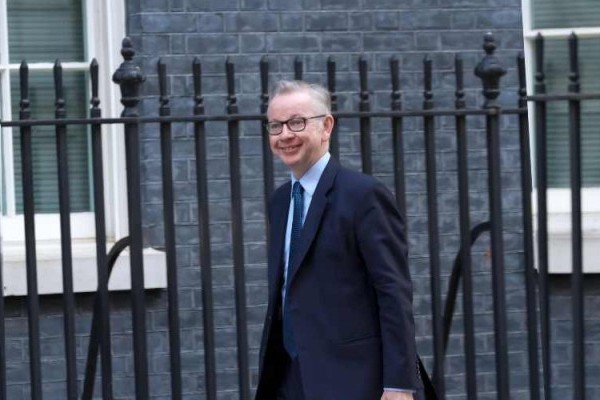
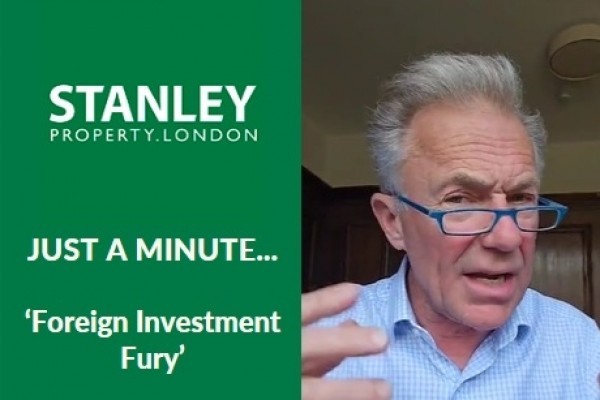

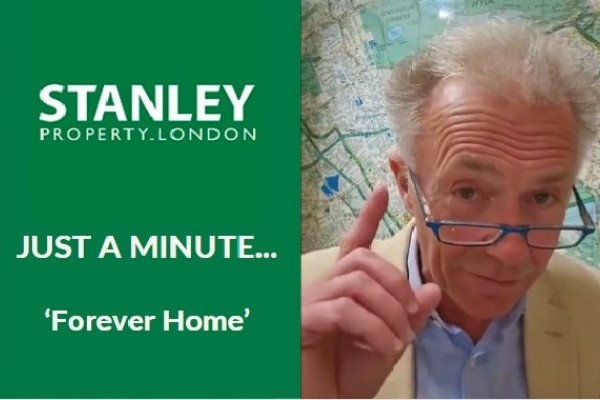

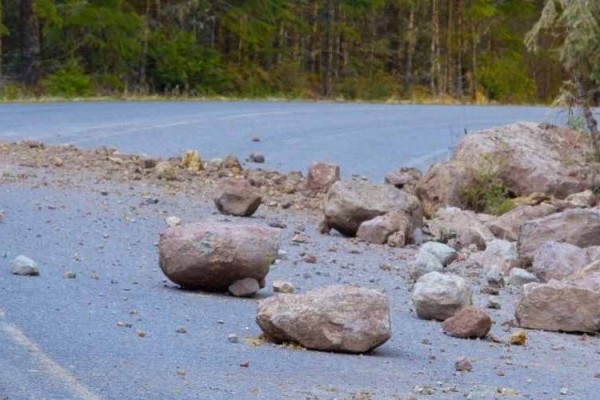
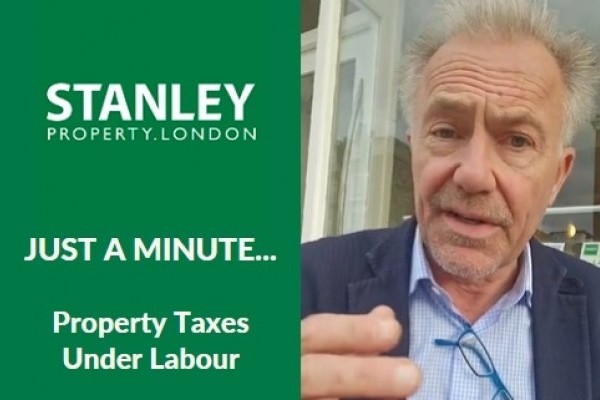
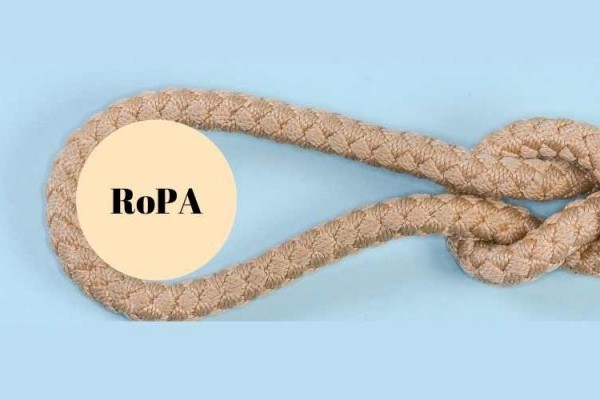
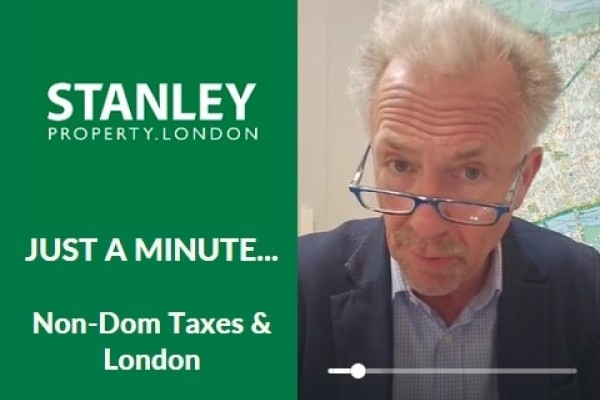

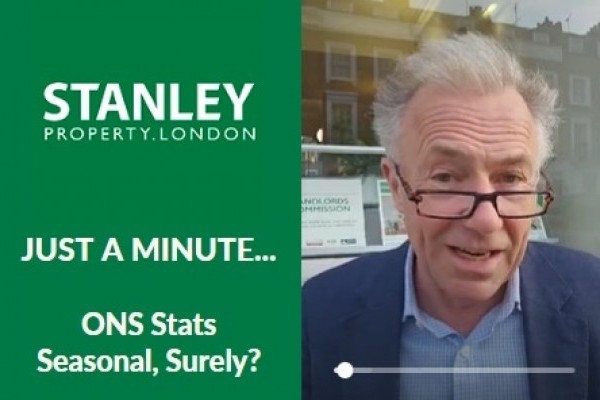

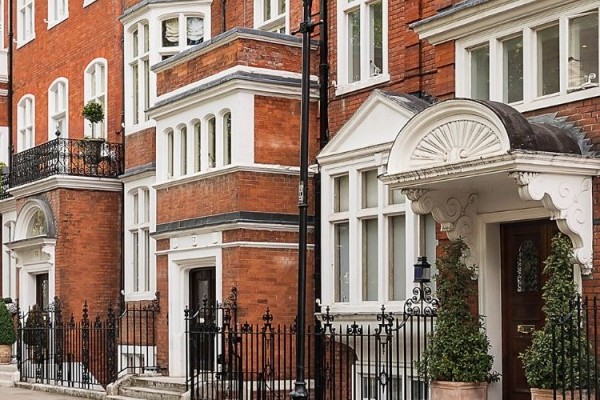
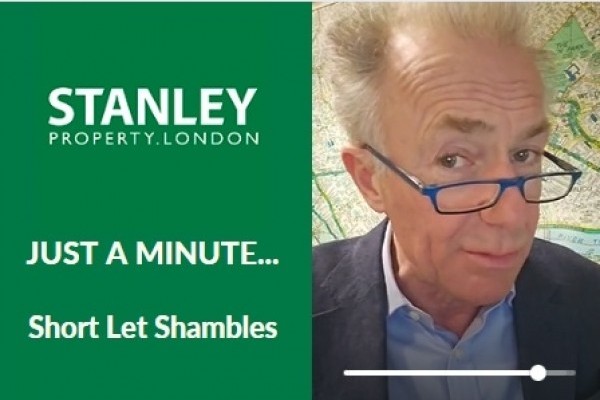
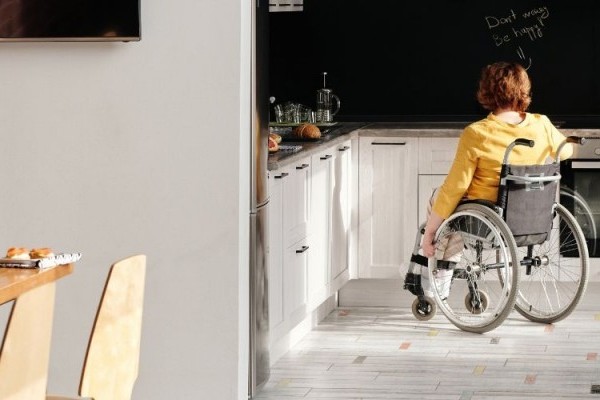
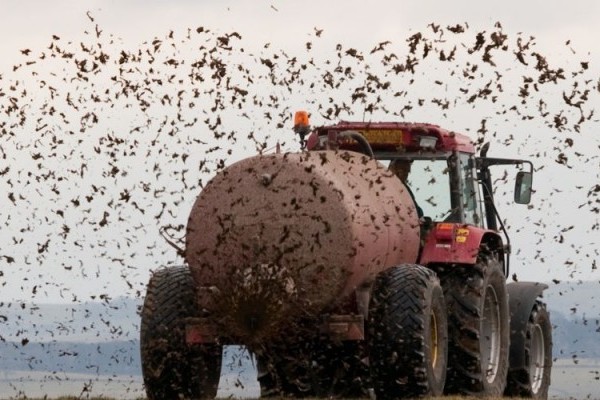
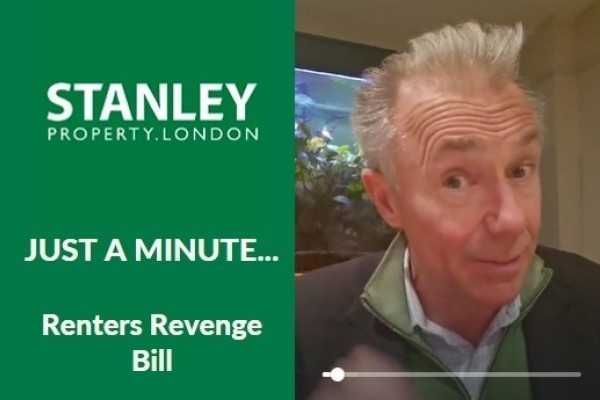
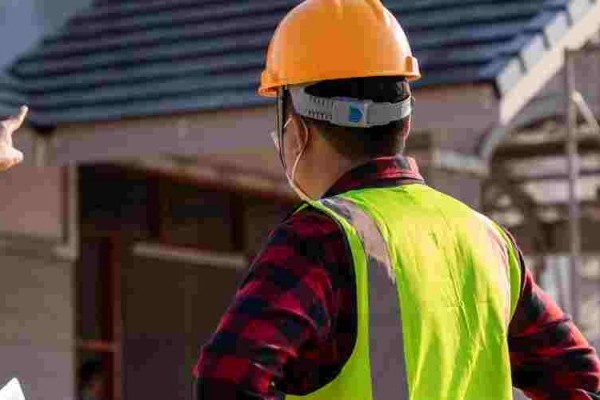

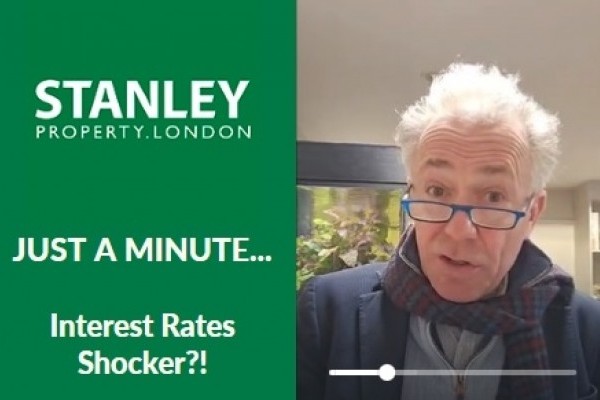


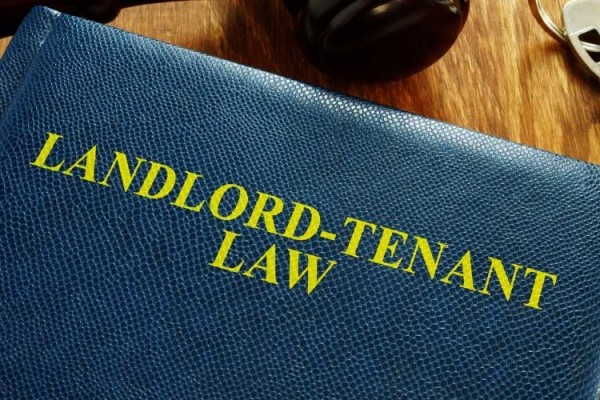
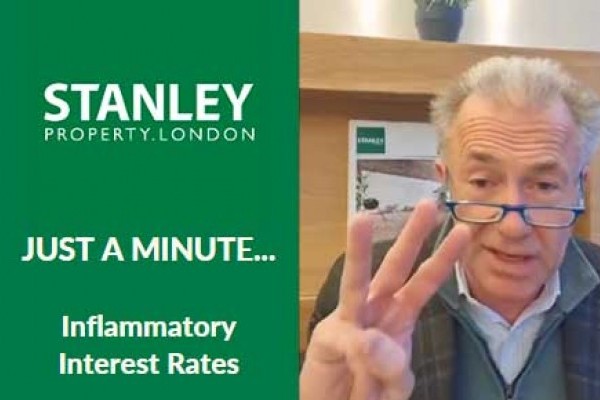
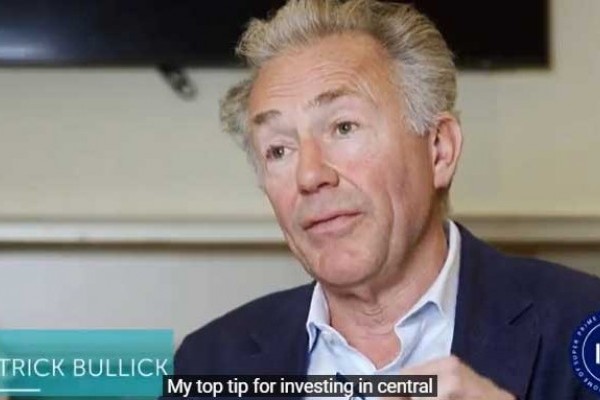

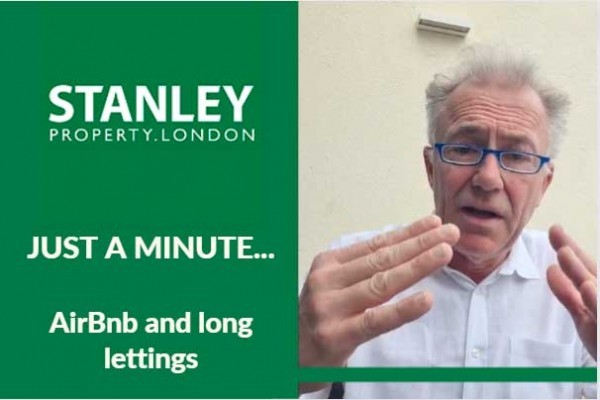
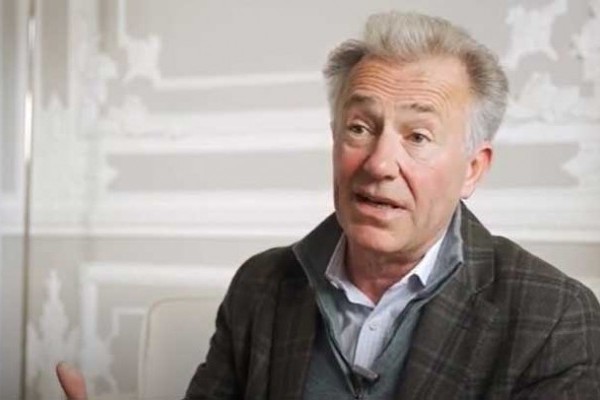


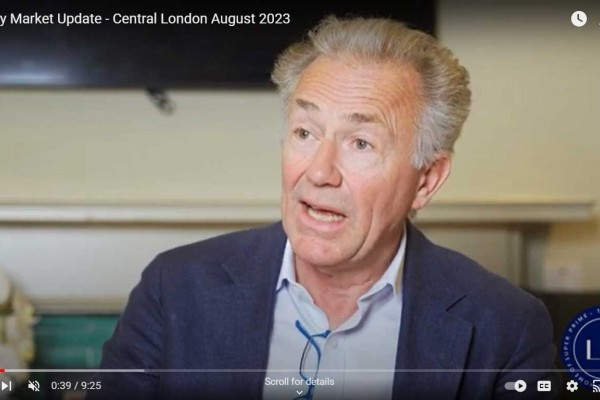

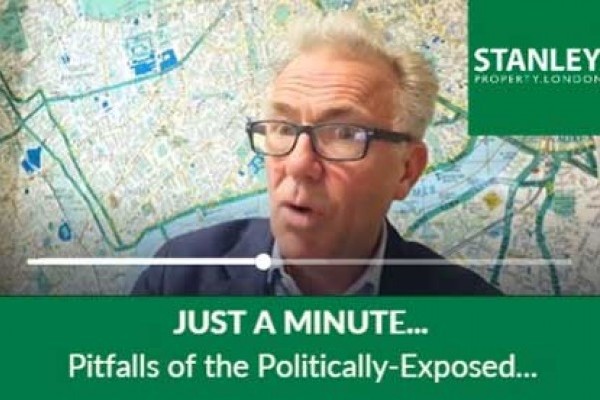



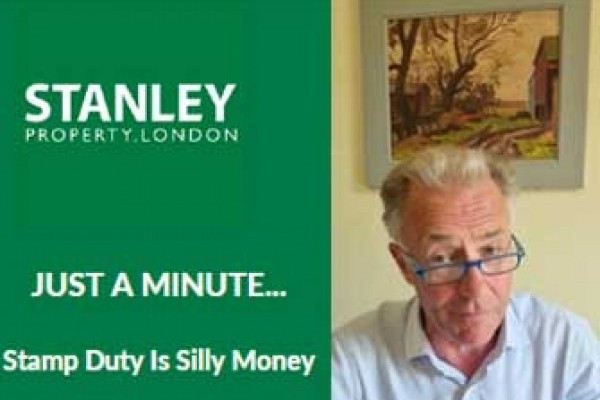

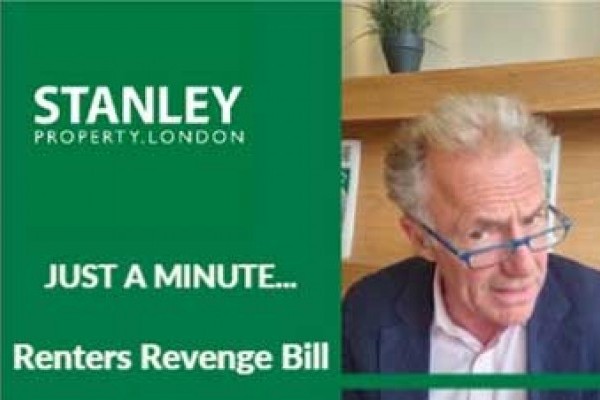
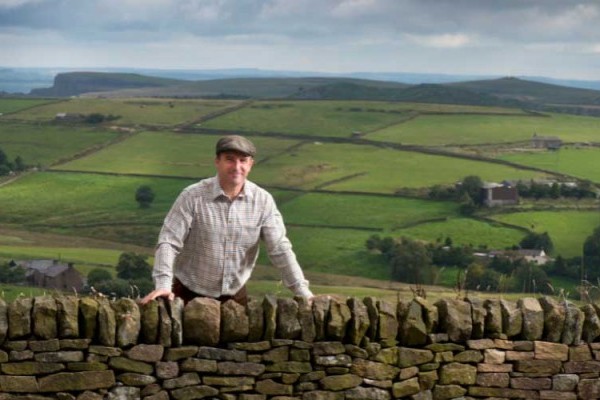
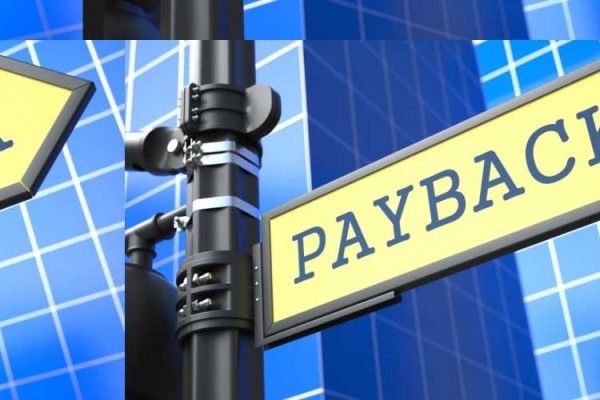
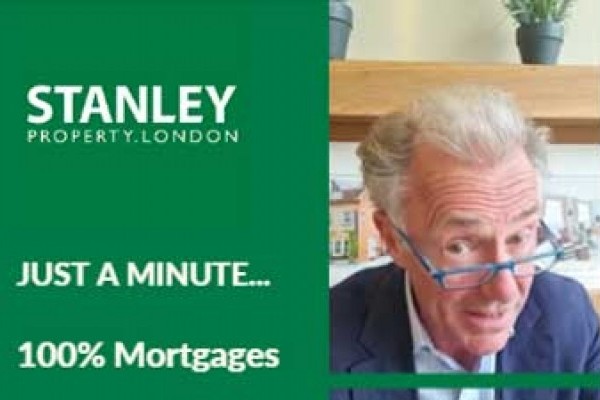


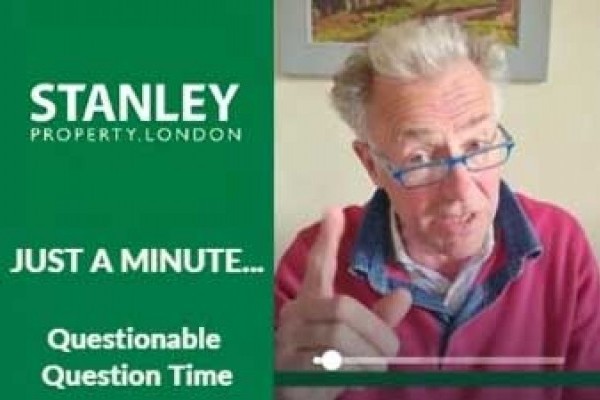
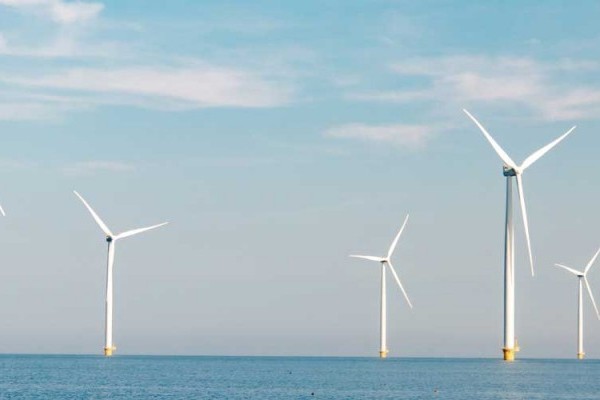

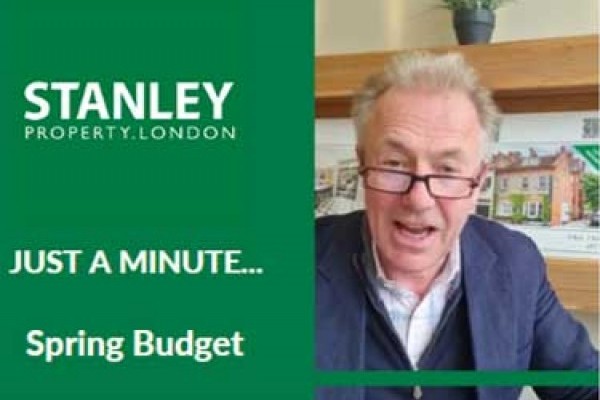

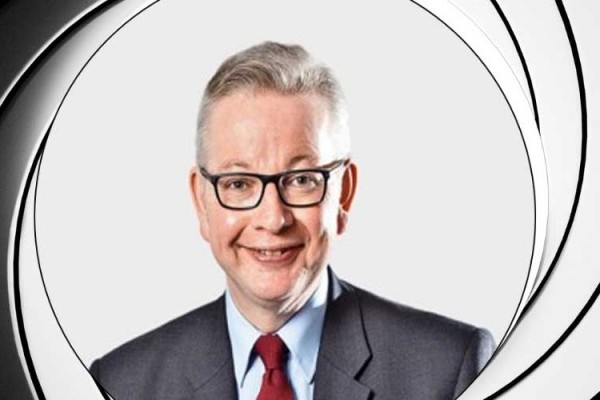
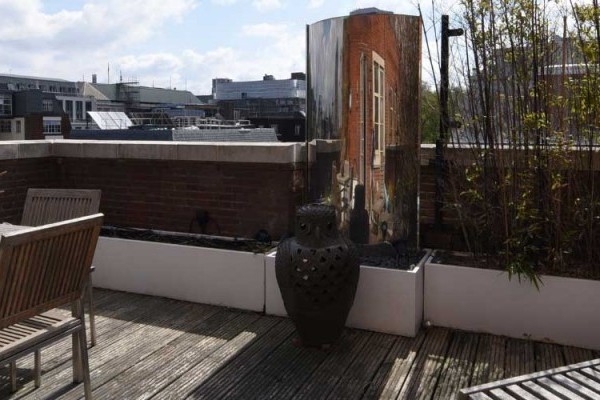
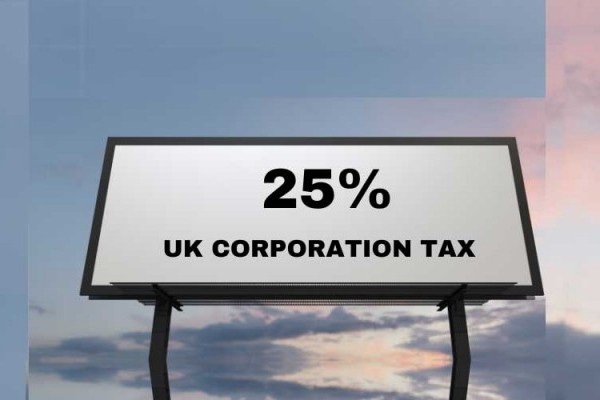







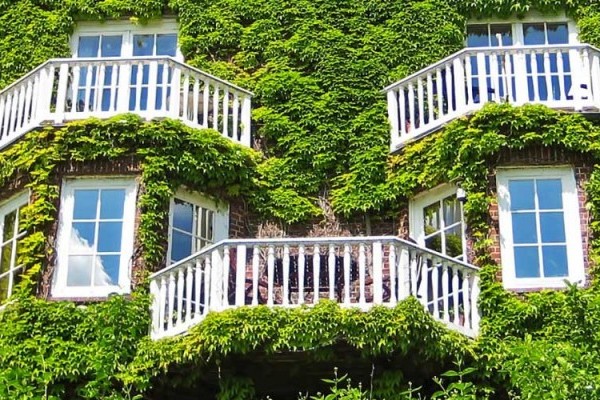

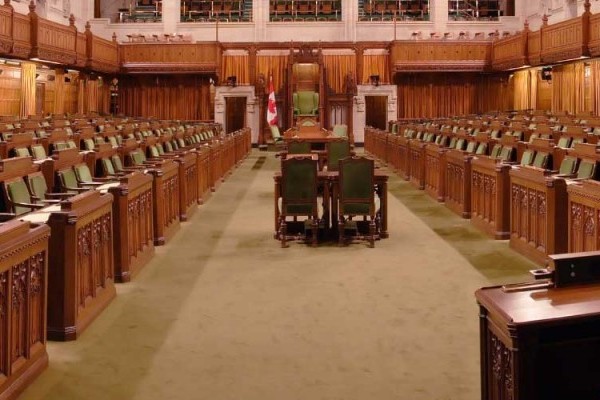






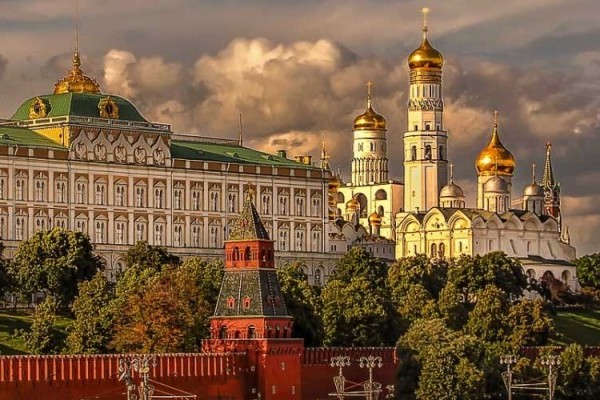



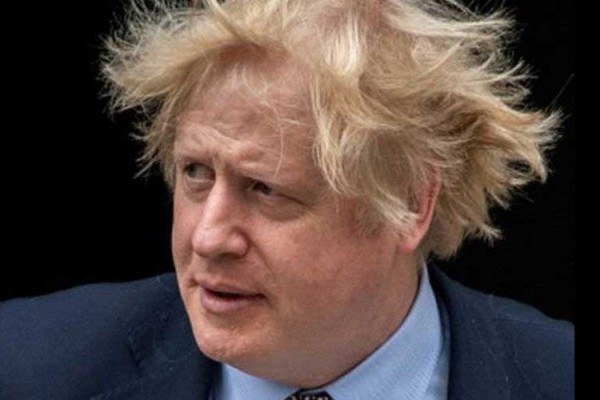
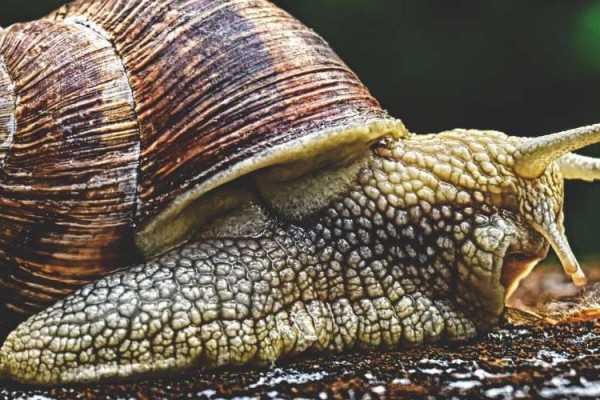
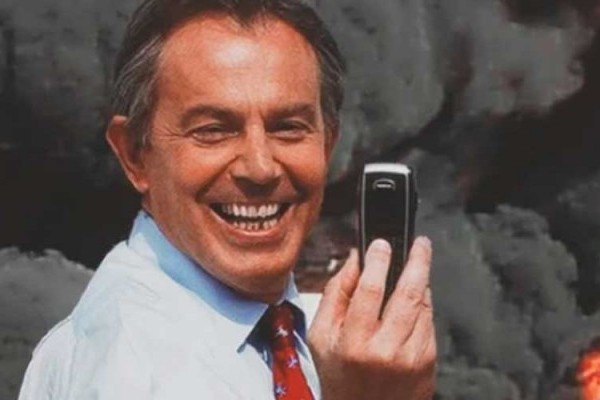
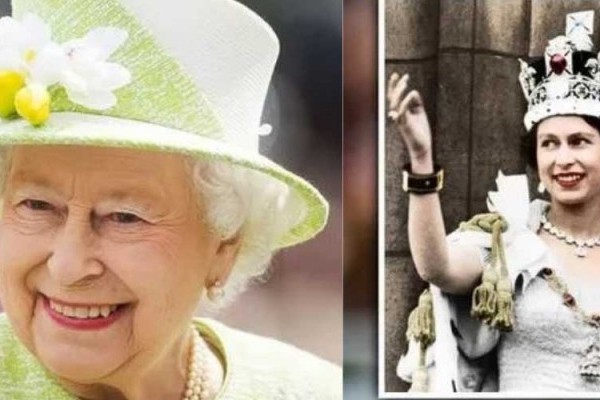



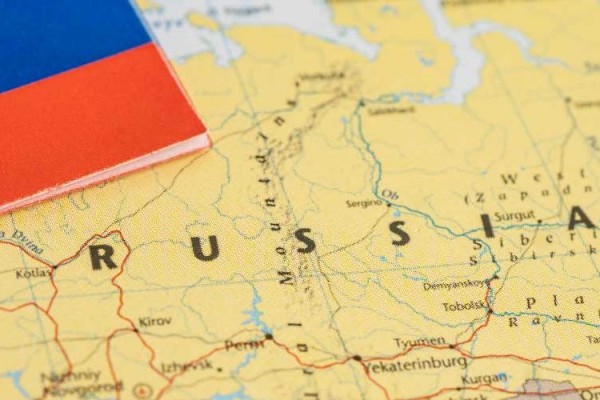
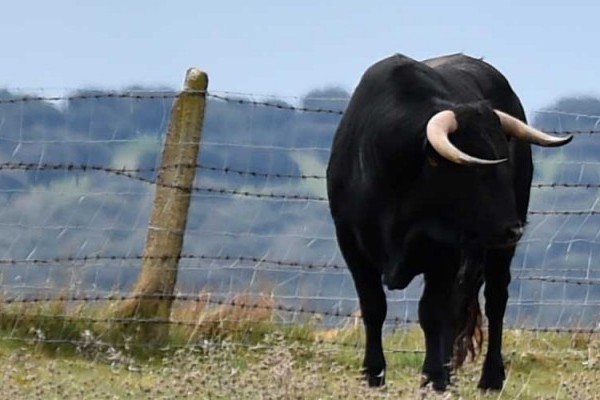

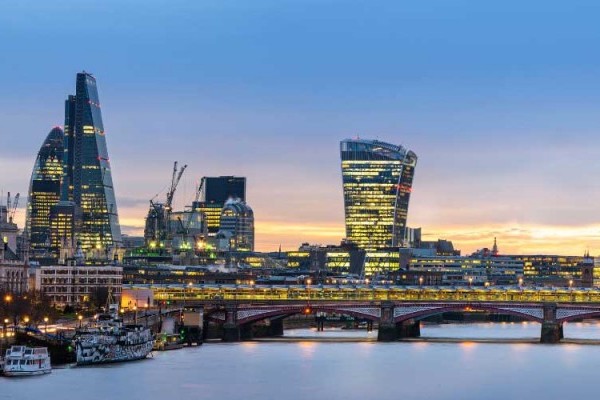

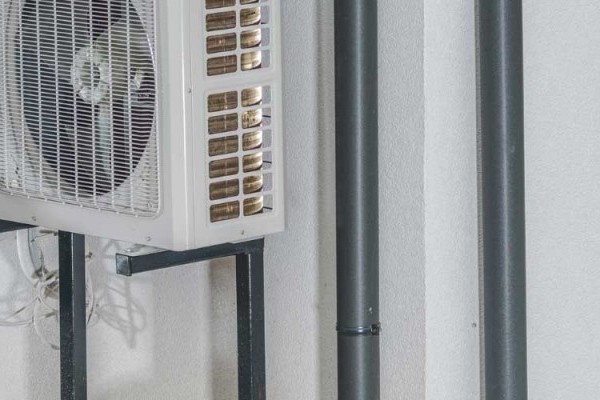
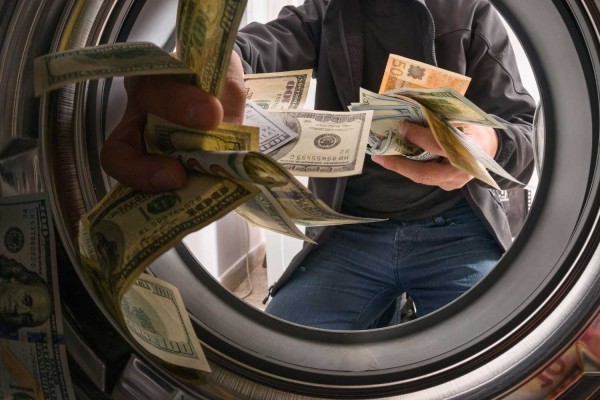

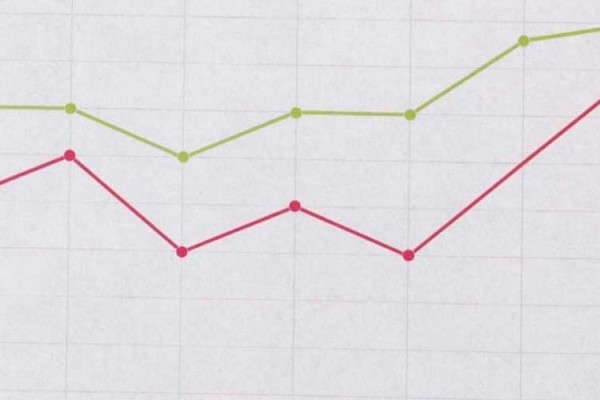

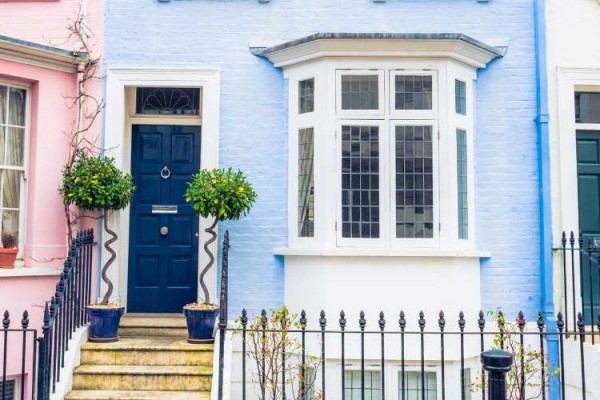
Share this article
k L E D